
When President Trump and Russian President Vladimir Putin land in Alaska Friday for their high-stakes discussion about the war in Ukraine, the two leaders will bring differing ideas about ending the war that Russia began over three years ago. At the same time, Ukraine will be watching from the outside with European allies, hoping that Mr. Trump is protecting their interests.
Their meetings are expected to be capped by a rare joint news conference with the two world leaders — the first such event of its kind since their 2018 summit in Helsinki, when Mr. Trump sided with Putin over his own intelligence agencies about Russian interference in the 2016 election.
Mr. Trump has tried to lower expectations going into the meeting, telling reporters the day before, "all I want to do is set the table for the next meeting, which should happen shortly." The subsequent meeting is an idea he has been floating this week, and he said it would also include Ukrainian President Volodymyr Zelenskyy and perhaps other allies. The president raised the possibility that Zelenskyy could even join them in Alaska within a couple of days.
White House press secretary Karoline Leavitt referred to talks with Putin as "a listening exercise" for Mr. Trump and said his goal "is to walk away with a better understanding of how we can end this war."
There are a number of questions going into the summit — chief among them is what Russia wants, and whether there's a way to reconcile its demands with what Ukraine wants. U.S. and Russian counterparts have been speaking, and Mr. Trump and Putin have had their own phone conversations.
In March, Ukraine agreed to a 30-day ceasefire proposal backed by the U.S., and months later, in May, when the Kremlin had still not accepted the terms, Secretary of State Marco Rubio said the U.S. was trying to figure out if Russia was just "tapping us along."
By July, casualties were mounting in Ukraine as Russia stepped up its bombing campaign with hundreds of missile and drone strikes. Mr. Trump gave Putin a 50-day deadline to agree to a deal to end the war, and later shortened it to a 10-day deadline, threatening harsher tariffs and secondary sanctions. Dmitri Medvedev, the former president of Russia, responded by mocking Mr. Trump on X. "Each new ultimatum is a threat and a step towards war," he said, warning that it would not be "between Russia and Ukraine, but with [Trump's] own country."
But a day before the president's 10-day deadline expired — and after Putin had met with U.S. special envoy Steve Witkoff — the Kremlin announced that Putin and Mr. Trump would meet.
Mr. Trump on Wednesday said there would be "very severe consequences" for Russia if it doesn't agree to end the war after Friday's meeting, though he declined to elaborate.
Zelenskyy and European partners met virtually with Mr. Trump Wednesday, after which Zelenskyy wrote on X: "Together with our partners, we supported the efforts of U.S. President Donald Trump to end the war, stop the killings, and achieve a just and lasting peace. I am grateful to the partners for our shared position: the path to peace."
European leaders have been wary of the Trump-Putin meeting. Polish Prime Minister Donald Tusk said Wednesday of the summit, "The most important thing is that Europe convinces Donald Trump that one can't trust Russia," adding, "no one should think of recognizing Russia's right to demarcate borders for its neighbors." Zelenskyy won't be there to represent Ukraine's interests, and Mr. Trump has shown he's sometimes reluctant to criticize Putin.
What Russia wants
Experts say Putin has several objectives that won't be shared by the U.S. and Ukraine, and Mr. Trump must exercise caution.
Putin would love to see the U.S. discontinue its financial support for Ukraine, said Bradley Bowman, senior director of the Foundation for Defense of Democracies' Center on Military and Political Power.
"He wants to sideline the power of the United States so that he can more effectively prey on Ukraine," Bowman said, adding that at the same time, Putin will "try to make the invaded look like the villain." While Mr. Trump aims to end the war Russia began, Putin is likely to try to seize on Mr. Trump's desire for peace.
"'He's going to try to gain Trump's support for a bad peace," Bowman said, adding, "Some peace agreements are bad because they lead to more war."
John Lough, an associate fellow in the Russia and Eurasia program and the British think-tank Chatham House, predicted that Russia would "put something in front of [Trump] that he will buy into and say, 'This is a way out of the war, and I like that, and I'm now prepared to go lean on the Ukrainians again and the Europeans and we'll get this over the line.'"
But Lough also believes that for Russia, the meeting is "high risk."
"They may not get what they want, but they will at the very least be hoping that it guides the sort of next phase of the process of getting Ukraine to the table, and, I suppose, conducting the negotiations within a framework with which that comes," Lough said.
Russia, Lough said, wants "to get the framework of the peace agreement settled and then talk about a ceasefire, whereas Ukraine, its allies and, to a degree, President Trump has said, 'No, we start with a cease fire and then we build around that.'"
Daniel Fried, a former U.S. ambassador to Poland and former assistant secretary of state for European and Eurasian affairs, thinks Putin could try to insert a wedge between the U.S. and its allies.
"He wants to get out of this meeting without any cost and to slice away at the American position and maybe draw Trump out so that there's a gap between him and Zelenskyy, Trump and the Europeans," Fried said in a press call Wednesday.
After Mr. Trump's more skeptical comments about Putin since the meeting was scheduled, Fried said, "I am less worried about that than I was three days ago."
Fried, who is now a fellow at the Atlantic Council, said that for Putin, a great outcome would be to "dazzle" Mr. Trump with a fake offer and to walk away with a big smile.
At talks in June, the Kremlin presented a memorandum offering Ukraine two options for a 30-day ceasefire, which could give some insight into Putin's maximalist demands.
The first would have required Ukraine to withdraw its forces from four regions illegally annexed by Russia, but which Russia never fully controlled: Luhansk, Donetsk, Kherson and Zaporizhzhia.
The second option involved a number of conditions including a requirement that Ukraine wind down its military effort, cease receiving military aid, exclude any international military forces from its territory, lift martial law and then swiftly hold an election.
As part of a peace treaty, Russia said it would require international recognition of Russian sovereignty over some Ukrainian territories it currently occupies, including Donbas and Crimea, and a pledge by Ukraine not to join any military alliances — an end to its efforts to join NATO — or allow any foreign militaries to operate or have bases in its territory.
Russia also said it would want a cap on the strength of Ukraine's armed forces and for Russian to become an official language in Ukraine.
Wendy Sherman, a former deputy secretary of state who has sat across from Putin before, said the Russian leader has no real interest in ending this war — he is simply "buying time."
"This is President Putin's meeting," Sherman told CBS News Wednesday. "He really is in charge of this meeting. He asked for it. The president, I think, was flattered to have this meeting. But Putin has no interest in ending this war. He is very smart, he is very cagey."
What Ukraine wants
Ukraine wants an end to Russia's assault and its full withdrawal from their territory.
"There must be an honest end to the war. And it depends on Russia," Zelenskyy said on social media earlier this month. "It is Russia that must end the war it started."
Mr. Trump said earlier this week that a ceasefire agreement between Russia and Ukraine would involve "some land swapping going on. I know that through Russia and through conversations with everybody. To the good, for the good of Ukraine. Good stuff, not bad stuff. Also, some bad stuff for both."
That prompted a response from Zelenskyy, who said Ukraine would not give up any of its territory to Russia. Ukraine's constitution does not allow him to formally cede parts of the country.
"We will not reward Russia for what it has perpetrated," Zelenskyy said in a social media post last weekend. "The answer to the Ukrainian territorial question already is in the Constitution of Ukraine. No one will deviate from this — and no one will be able to. Ukrainians will not gift their land to the occupier."
Despite such statements, John Herbst, senior director of the Atlantic Council's Eurasia Center, said Zelenskyy has demonstrated he's willing to compromise.
"There is no doubt in my mind that Zelenskyy understands that territorial concessions may be required to get a durable peace," Herbst said.
Another major concern is whether Putin, with his deep knowledge of Ukraine, could try to manipulate Mr. Trump, said former intelligence official Andrea Kendall-Taylor, who specialized in Russian affairs.
Ukrainian Ambassador to the U.S. Oksana Markarova told CBS News that "we all understand the reality on the ground, and we are ready to discuss how to end this war." She added, "Let's stop the killings, and let's get to diplomacy."
Ukraine and Russia's troubled history
Ukraine was a part of the Soviet Union before voting for independence in 1991.
After the Soviet Union collapsed, the NATO alliance expanded eastward, adding former Soviet republics including Estonia, Lithuania and Latvia, and it established a close partnership with Ukraine. In 2008, the alliance declared its intention for Ukraine to join NATO at some point in the future.
Russian President Vladimir Putin has said on numerous occasions that he views NATO's expansion as a threat to Russia. He has also said that he believes Ukraine to be part of Russia politically, culturally and linguistically.
Some Ukrainians, primarily in eastern areas, are Russian-speaking and feel more closely aligned with Russia than the nation of Ukraine. But the majority of Ukrainians speak Ukrainian, feel a deep patriotic connection to Ukraine and have favored developing closer ties to Europe.
Widespread protests erupted in Ukraine in 2014 when the pro-Russian president at the time refused to sign an EU association agreement. The public outrage forced him from office — an apparent victory for Ukrainians who favored closer ties to Europe. But shortly after, Russia annexed Crimea, a peninsula that was internationally recognized as part of Ukraine, and the Kremlin supported a pro-Russian separatist rebellion in Ukraine's east.
In 2022, Russia launched a full-scale invasion of Ukraine, attacking cities across the country, including the capital, Kyiv. Some expected Russia to quickly take over, but Ukrainians fought hard to defend themselves, Russian gains largely stagnated behind front lines in the east, and the war has raged on ever since.

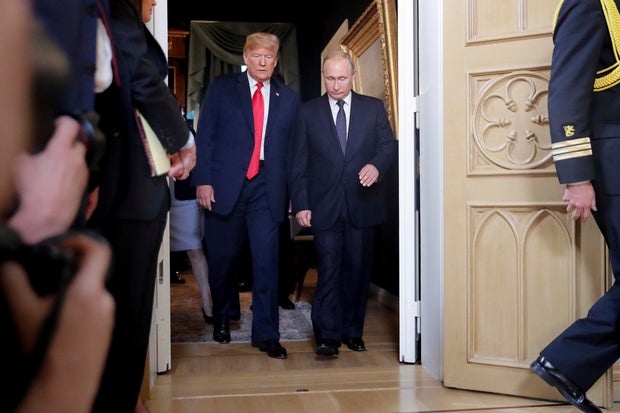
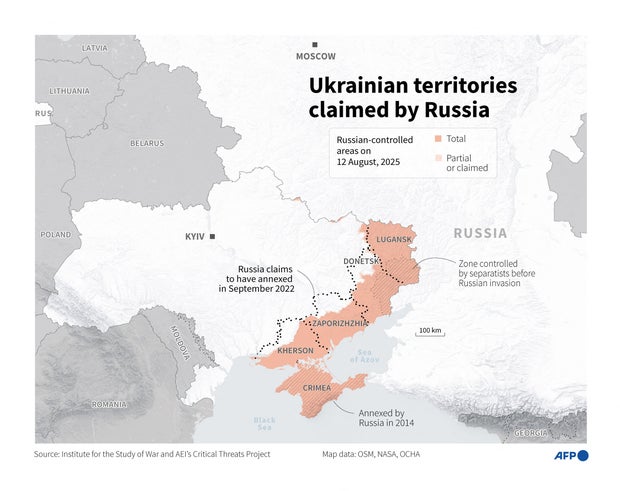
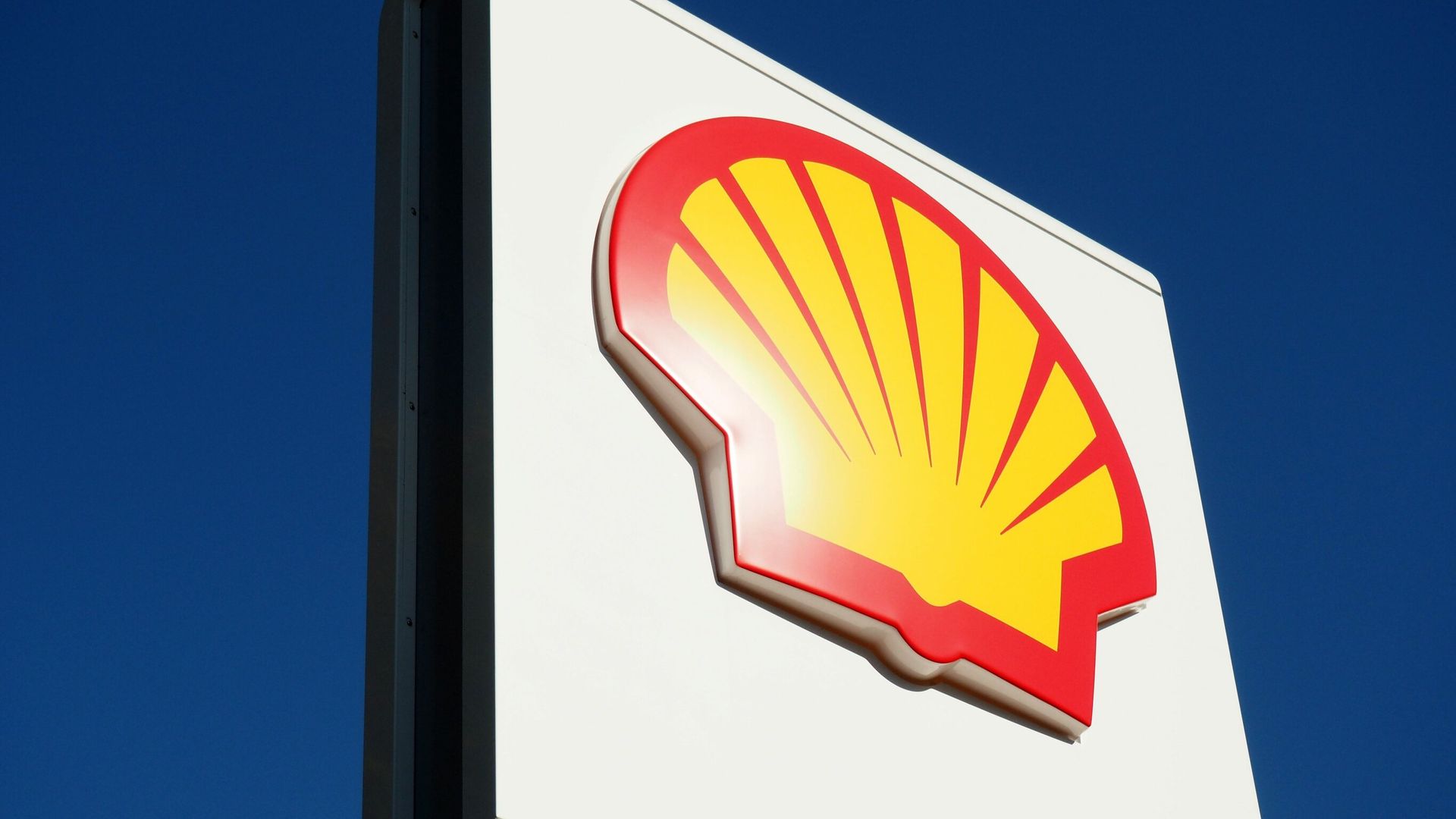
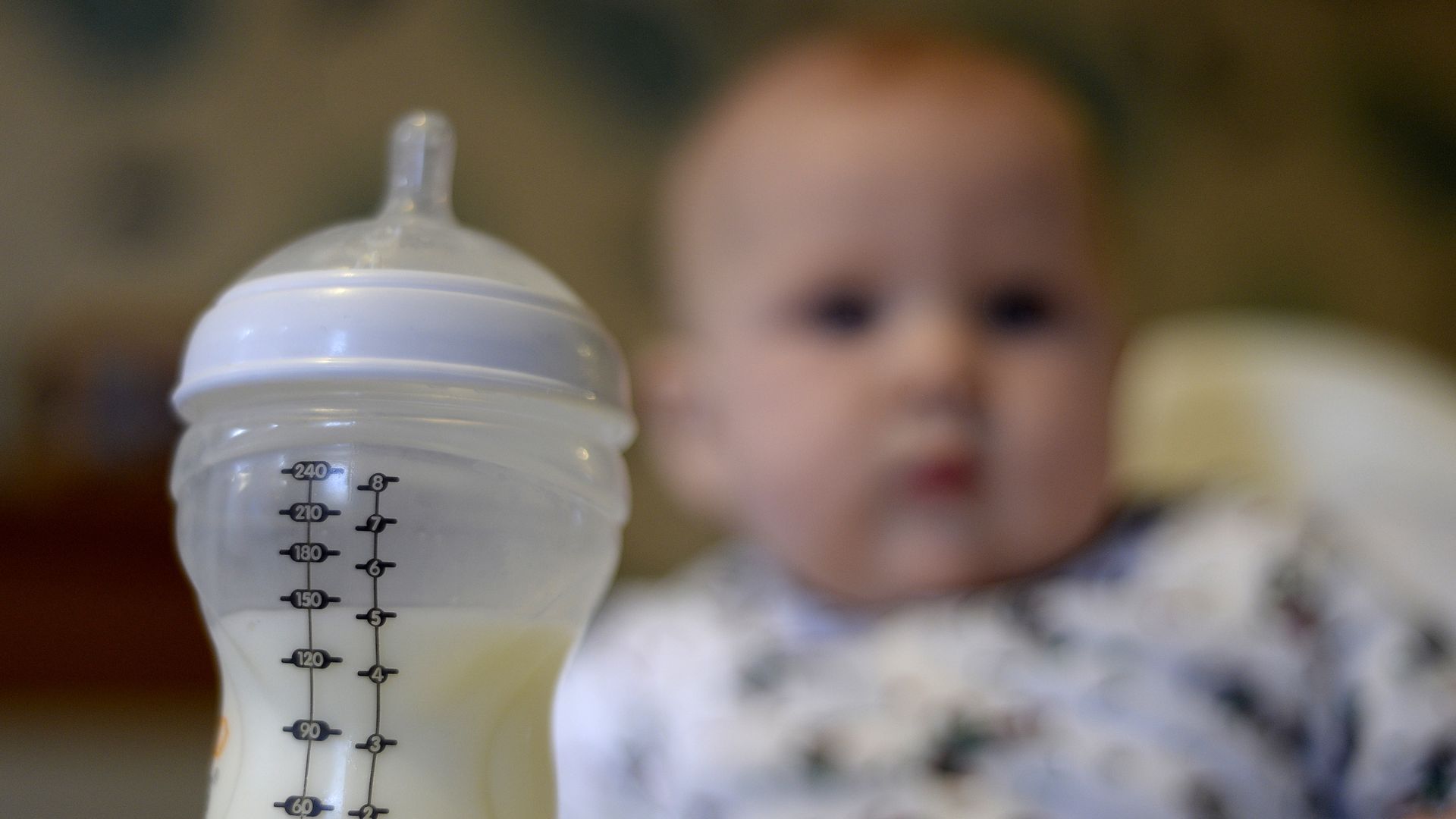
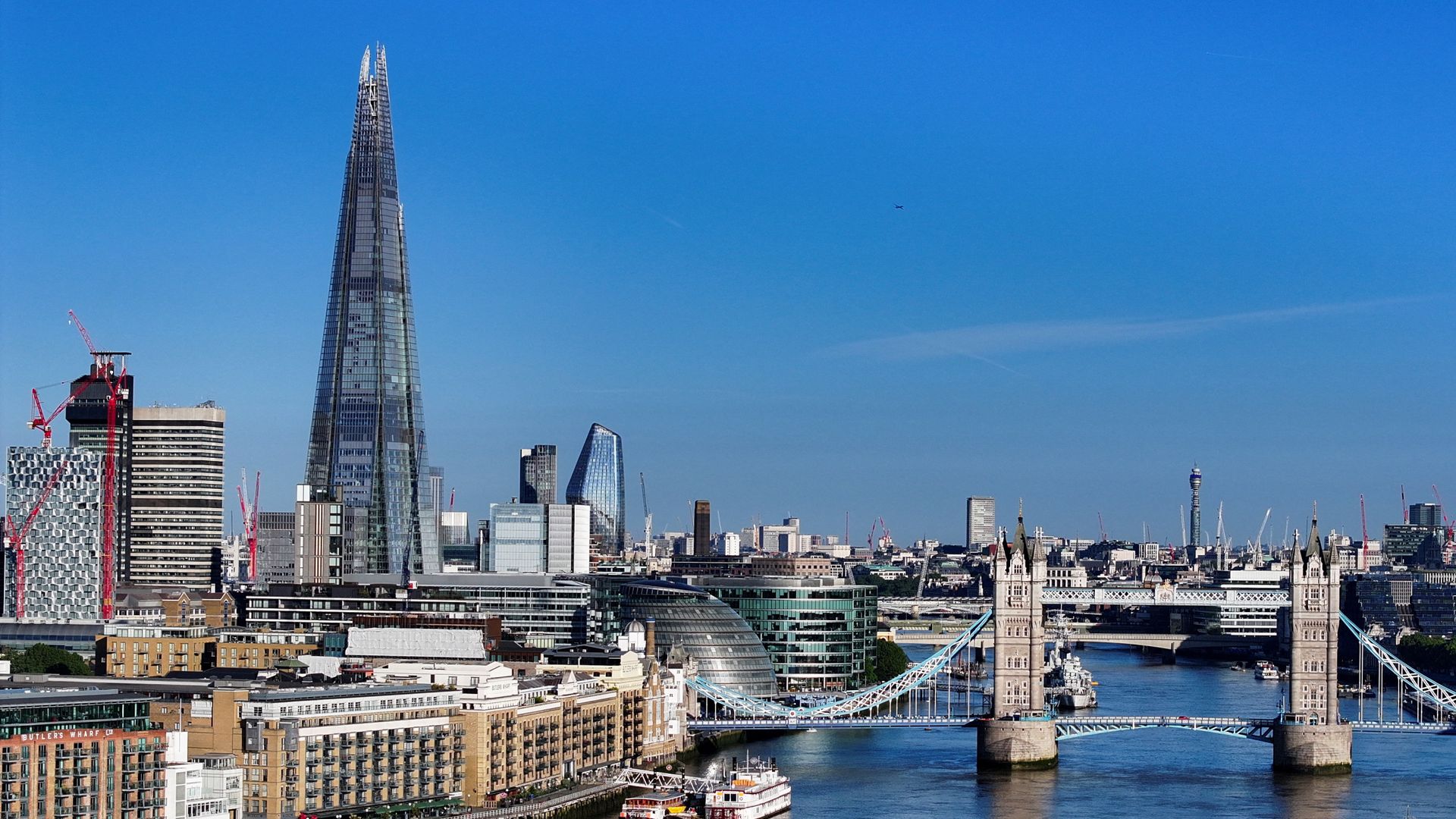





-3.png)



